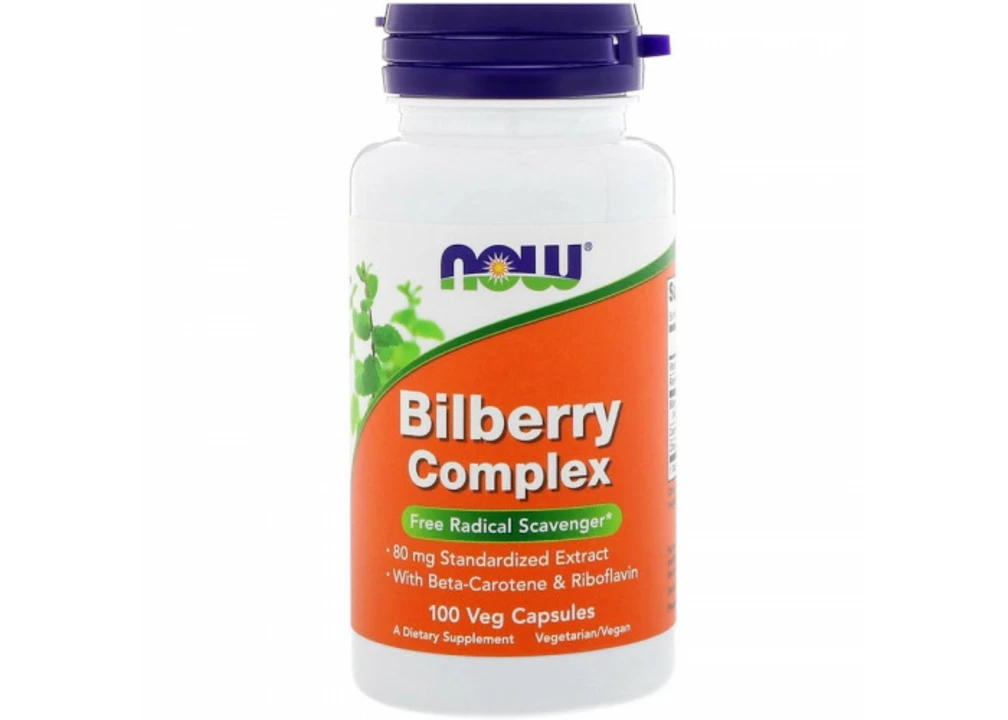Natural dietary supplement: how to choose and use them safely
If you’re thinking about taking a natural dietary supplement, good — many people get real benefits. But “natural” doesn’t always mean safe or effective. This short guide gives clear steps to pick a quality product, use the right dose, and avoid problems with medicines or health conditions.
How to choose quality supplements
First, read the label like a detective. Look for a full ingredient list, exact dosages, and a batch number or expiration date. Avoid products that bury amounts in a “proprietary blend” — you want to know how much of the active ingredient you’re getting.
Third-party testing matters. Brands that list NSF, USP, or ConsumerLab verification are more likely to contain what they claim. Check where the product is made and whether the company shares test reports or Certificates of Analysis (COAs). If they won’t show you a COA, consider another brand.
Be picky about claims. If a capsule promises to cure a disease or replace a prescription, that’s a red flag. Useful supplements usually say they “support” a function (like heart health or immune support) rather than cure a condition.
Safe use, dosing, and interactions
Start low and go slow. For many natural supplements, benefits appear at standard doses; taking huge amounts rarely helps and can cause harm. For example, fertility-focused vitamins usually include folate (commonly 400 mcg for preconception), zinc, and vitamin D in modest amounts — but exact needs vary, so check with your clinician.
Watch for drug interactions. Natural ingredients can change how prescription drugs work. Blood thinners, blood pressure meds, diabetes drugs, and certain antidepressants are frequent trouble spots. Tell your doctor about every supplement you take — even herbal teas or green powders.
Keep an eye on side effects. Digestive upset, headaches, or sleep changes can mean the dose is too high or you’re sensitive to an ingredient. Stop the supplement and check with a clinician if you notice worrying symptoms like severe rash, breathing trouble, or fainting.
Practical habits that help: buy from reputable pharmacies or well-known brands, store supplements in a cool dry place, and don’t mix multiple similar products (two different multivitamins, for example). If you need evidence, look for human trials rather than only testimonials. For instance, chlorella and bergamot appear in many guides for detox and cholesterol support — they can be useful, but only when chosen and dosed correctly.
When to see a professional? If you’re pregnant, breastfeeding, on regular meds, have a chronic disease, or are preparing for surgery, talk to your doctor before starting anything new. A quick chat can prevent a bad interaction or duplicative dosing.
Bottom line: natural supplements can help, but choose wisely, use sensible doses, and keep your healthcare team in the loop. That simple approach keeps things safe and makes the benefits more likely to stick.

